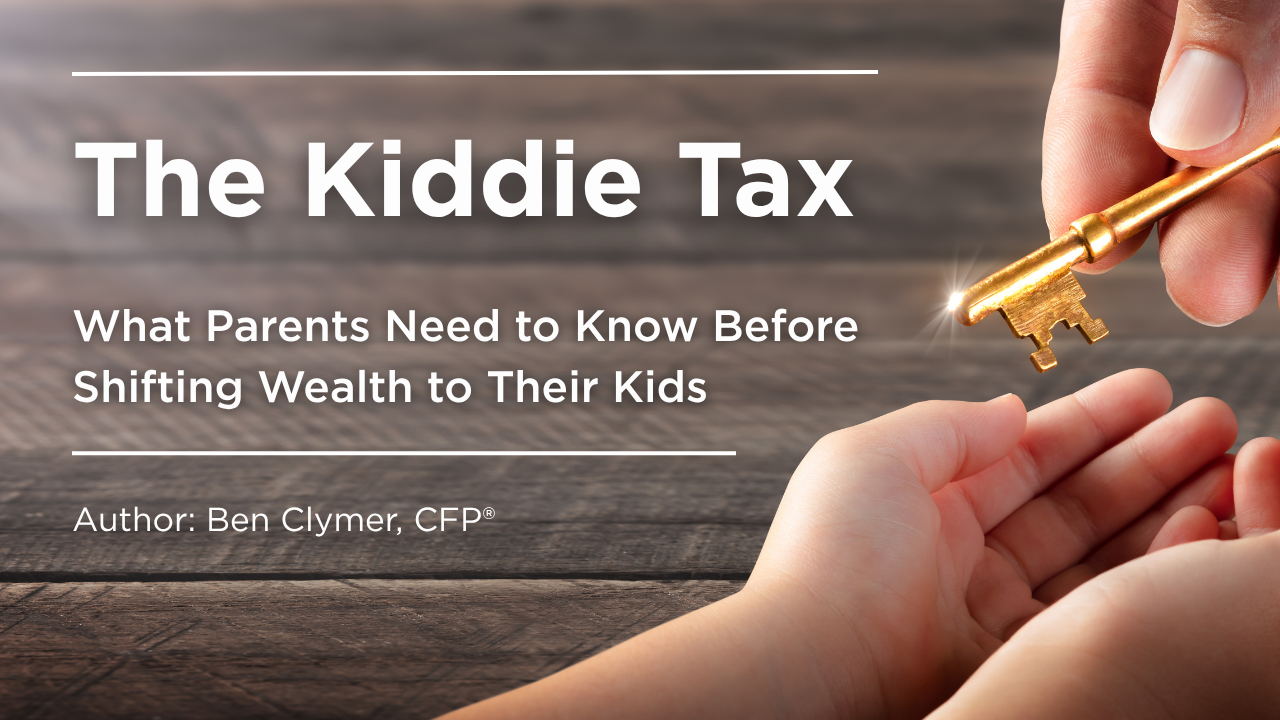

As parents, it’s natural to want to set your children up for financial success. That might mean helping them invest early or even shifting assets into their name to take advantage of their lower tax bracket. But before you move dividend-paying stocks or other income-generating assets to your child’s account, there’s one tax rule you need to understand: the Kiddie Tax.
Here’s what it is, how it works, and how to avoid the most common mistakes families make.
The Kiddie Tax is a set of IRS rules designed to prevent income shifting — that is, the act of moving investments or other income-generating assets to a child’s account to pay lower taxes.
If your child has unearned income above a certain threshold, that income will be taxed at your tax rate, not theirs.
The Kiddie Tax applies to:
If your child fits into one of these categories and has unearned income, the Kiddie Tax likely applies.
For 2025, here’s how the Kiddie Tax breaks down:
This means a child with $5,000 in investment income could have roughly half of that taxed as if it belonged to the parents — erasing the benefit of income shifting.
The Kiddie Tax applies only to unearned income, including:
Earned income, such as W-2 wages from a summer job, is not subject to the Kiddie Tax. That difference is critical.
Let’s compare two approaches parents might take:
❌ The Tax Trap:
A parent gifts $50,000 in dividend-paying stocks to a custodial account for their 17-year-old. The investments generate $5,000 in annual dividends.
Result:
This “tax-saving” strategy ends up backfiring, leading to little or no actual savings.
✅ The Tax-Smart Path:
The same child earns $6,500 from a part-time job. The parent helps open a Roth IRA, funded with that earned income. Investments are made inside the Roth.
Result:
That one Roth contribution — just $6,500 at age 17 — could grow to $93,000+ tax-free by age 60 assuming a 7% average annual return.
Here are a few practical takeaways for families:
The Kiddie Tax doesn’t mean you shouldn’t help your kids invest or build wealth — it just means you need to do it thoughtfully. With the right approach, you can support their financial future without inviting unnecessary taxes today.
At Abbey Street, we help families navigate multi-generational planning opportunities with a clear eye on tax strategy. If you’re considering wealth transfers, we’d be happy to help you evaluate the smartest, most efficient way to do it.
Let’s start a conversation.
IRS.gov – https://www.irs.gov/taxtopics/tc553
Start a conversation to learn more about who we are and what we do. Our team is ready to make an impact.
Contact Us